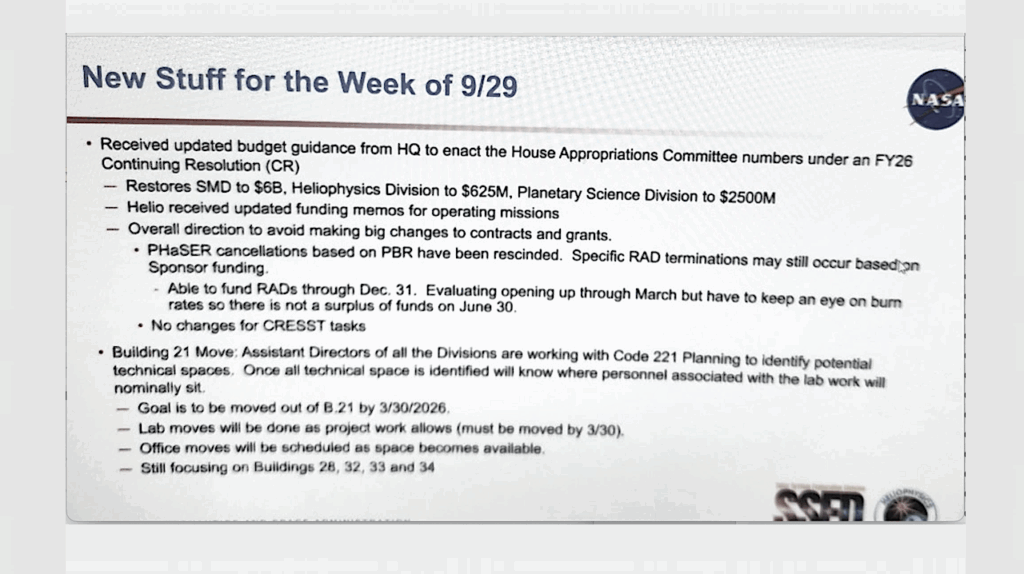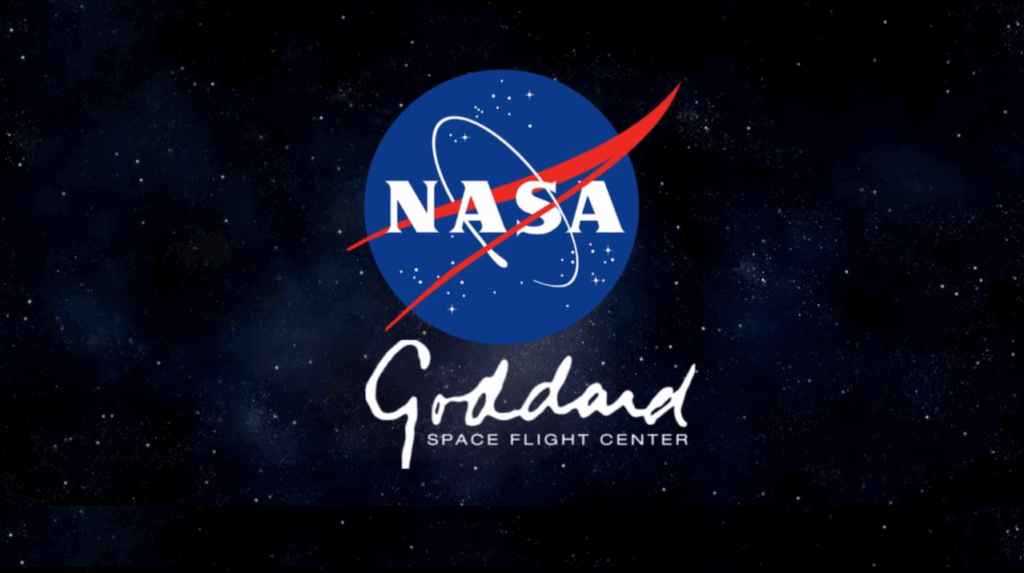Yet Another GAO Report That NASA Will Automatically Ignore

NASA: Lessons from Ongoing Major Projects Could Improve Future Outcomes, GAO
“The complexity of NASA’s major projects means they will always carry inherent risk–but prior GAO work found that management and oversight problems contribute to cost and schedule growth. As NASA works to execute new missions, including those that rely on commercial partners, GAO’s past work provides lessons that, if applied, could strengthen NASA’s management and improve outcomes of its major projects.
For example, NASA could:
Better manage cost and schedule. Increases associated with NASA’s most costly and complex missions can have cascading effects on the rest of the portfolio. For example, in April 2013, GAO found that cost growth for the now $10 billion James Webb Space Telescope would have reverberating effects on the NASA acquisition portfolio for years to come.
Minimize risky decisions. NASA leadership has approved decisions that compound technical challenges. For example, in May 2021, GAO found that NASA’s planned pace to develop a human landing system (illustrated below) was months faster than other spaceflight programs. The initial proposals also included unproven technologies, which adds technical and schedule risk to the program.
Establish a governance structure. While it has made some progress, NASA has not yet finished establishing its governance structure to oversee and manage its Artemis effort–a series of missions to return astronauts to the lunar surface. In December 2019, GAO recommended that NASA determine a schedule for integration reviews to help ensure that requirements between mission and program levels are reconciled. NASA held the first review in fall 2021. However, in September 2021, NASA announced a reorganization of its human exploration mission directorate. It is too soon to know how these changes will affect NASA’s governance of Artemis missions or programs.”
 Keith’s note: If I included a lits of previous postings about GAO reports that addressed these topics at NASA over the past 25 years it would require a lot of scrolling to reach the bottom of the list. NASA does not listen to external advice and never will. And when they are asked why things are so screwed up they tell you that “space is hard”.
Keith’s note: If I included a lits of previous postings about GAO reports that addressed these topics at NASA over the past 25 years it would require a lot of scrolling to reach the bottom of the list. NASA does not listen to external advice and never will. And when they are asked why things are so screwed up they tell you that “space is hard”.









Surely, if anyone knows about developing large, complex systems it’s the financial auditors over at GAO.
Without sarcasm, it is worth noting that the lens through which GAO is evaluating these major programs is “acquisition management.” However, the report is critical of large programs that are not acquisitions, but are system development programs, while praising programs that are, in fact, acquisitions. NASA’s not doing itself any favors by describing things as “acquisition” when they are in fact development.
There are any number of examples of NASA acquiring products and services very effectively – from space transportation to terrestrial communication bandwidth. Most of the “problems” people love to criticize are really driven by NASA’s core mission, to push the envelope in exploration. There are no good models to predict cost or schedule when you’re literally doing something no one has done before.
NASA’s product development and program management follows outdated methods using a point design strategy for the most part. Attempts to have them adopt a research-based set-based design strategy by myself and others failed miserably.
I was asked once at a Berkeley panel led by the Economist, why NASA was not more like Space-X. I told the audience member “you young punk, NASA was Space-X on steroids 50 years ago. Our gradual slide from a NACA research culture sealed our current fate.